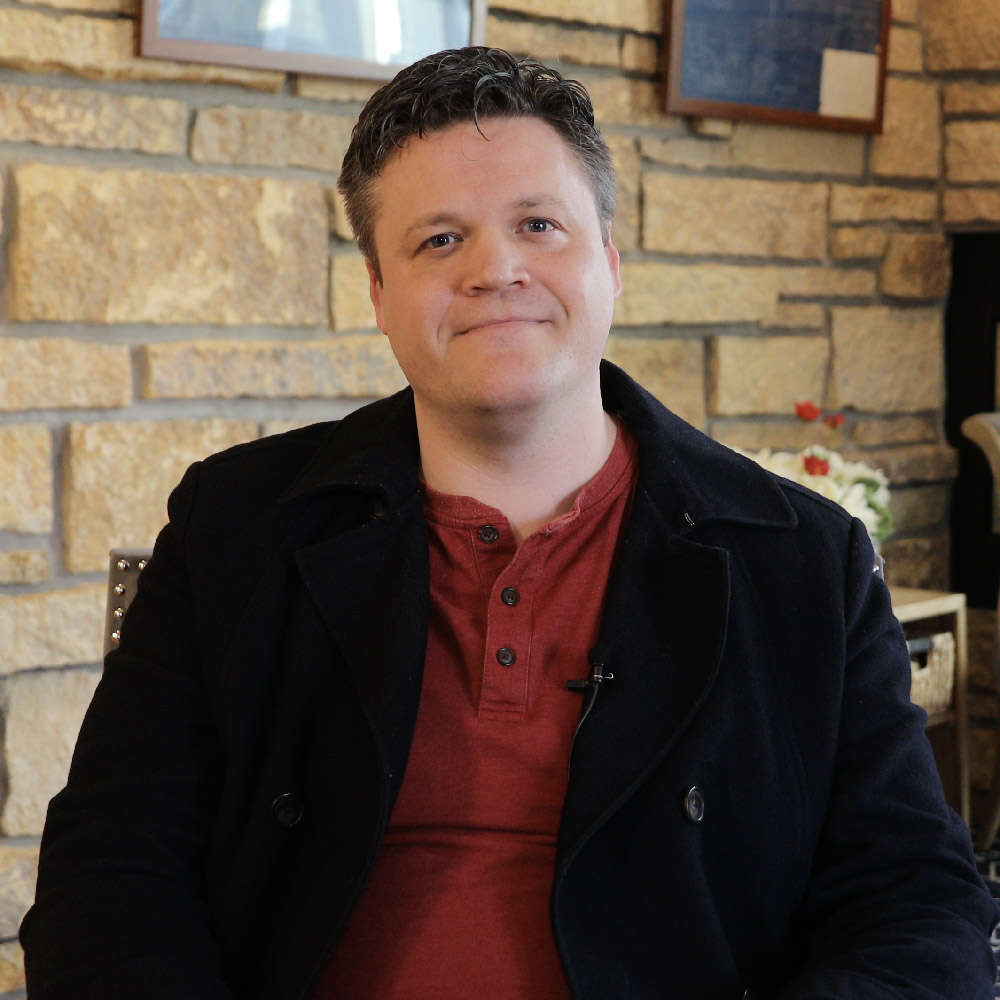Thank you for helping to support Peace Devotions through your prayers, likes, and shares.
If you’d like to support our ministry financially, you can donate here.
The Stupidest Possible Thing
Genesis 3:7, 21, Galatians 3:27, Matthew 11:30
Watch on YouTube – Watch on Facebook
Through sheer tyranny of will my wife and I have managed to grow a fig tree even though we live in the frozen tundra of Minnesota. The fig, of course, features rather prominently in the Bible. In fact, fig leaves were our very first clothing (Genesis 3:7) and I never really appreciated how lousy they would be at being clothing until I actually started growing a fig tree myself.
When you feel a fig leaf, it’s a really rough and actually almost even a little bit stingy. If you were to make a garment out of fig leaves, it would be unbelievably itchy and chafing and it would be terrible to wear. Beyond that, fig leaves are really light and delicate. If a little itty bitty breeze comes along it would completely blow the outfit away. It would completely leave you exposed. They offer nothing by way of insulation. They’re very thin and papery. So if it were to rain on you or if it got very cold or if it got very hot, you’d have no protection from the elements whatsoever. And in fact, I’d probably make them a little bit worse with how itchy and scratchy it is to be in the cold or to be in the heat while wearing those garments of sandpaper, practically.
And then at the end of the day, the actual shape of a fig leaf is completely impractical, completely useless for actually covering you up in any meaningful way. As soon as humanity fell in the sin, we found the stupidest possible thing to try to cover up our sinfulness with. It hurt. It chafed. It didn’t do the job effectively. Any little disturbance in the world blows the entire thing away. It leaves us exposed. And at the end of the day, even if everything was going correctly, it still wouldn’t do the job that it had been intended to do.
God came along after our earliest ancestors fell into sin, looked at what they had done, took away the terrible, pathetic effort that they had put in, and he replaced it with something new. He gave them different garments made out of leather and fur. (Genesis 3:21) Leather and fur are still the best things that you can wear now. They’re incredibly comfortable to wear. They feel nice against your skin. When the elements come along, if you get rained on, it rolls right off. If it’s cold outside, it’ll keep you nice and warm. And they actually do the job. They cover you completely from head to toe. But in order to have that happen, blood had to be shed. A life had to be lost in order to cover up our nakedness, in order to cover up our sin.
The analogy here is pretty obvious. Any time we look to our selves to try to cover up who we are and what we are and what we have done wrong, the result is catastrophic. It hurts as we try to make up for the wrongs that we’ve done and as we tried desperately to live lives that we can’t possibly live, it leaves us completely exposed because even the littlest of breezes will reveal in a very pointed way how deeply we have failed. And ultimately, it doesn’t do anything at all to cover us up. We are still sinful people. God gives us garments that actually cover our sins, that actually cover us up. But it required the shedding of blood. He had to send Jesus into this world to live the life that we should have lived and ultimately face the cross. It’s his blood, his body that provide us with the garments that actually cover our sins. (Galatians 3:27)
When Jesus said that his yoke is easy and his burden is light, (Matthew 11:30) he is referring to the difference in what we were trying to do to cover our sins. And what he does instead, wearing his garments is a relief. They actually do the job. They actually shield us from the world. They actually cover our sin. When we look to our earliest ancestors and their failure, we can relax and smile and take hope knowing that the Lord has provided Christ to truly be a garment that covers us.




